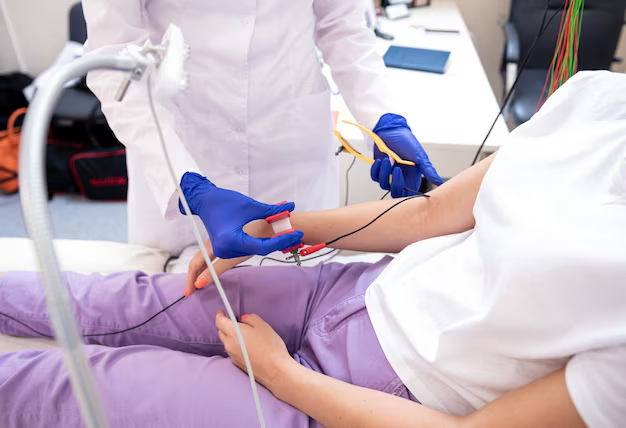How to Become a Cath Lab Nurse: Education and Certifications
Becoming a Cath Lab Nurse involves a specialized career path focusing on cardiovascular care, which requires both a solid educational foundation and specific certifications. Aspiring Cath Lab Nurses typically begin their journey by earning a Bachelor's Degree in Nursing (BSN), though an Associate Degree in Nursing (ADN) may suffice for entry-level roles. However, many healthcare institutions encourage a BSN to meet the complex demands of this field. After acquiring the necessary degree, passing the NCLEX-RN exam is essential to become a licensed Registered Nurse (RN).
Gaining experience in cardiac or critical care nursing can significantly enhance a nurse's prospects. Moreover, obtaining certifications such as the Cardiac Vascular Nursing Certification (CVRN) provided by the American Nurses Credentialing Center, or Cath Lab-specific credentials like the Certified Cardiovascular Nurse Specialist (CCNS), signals to employers a deep commitment and competence in cardiovascular nursing. This blend of formal education and specialized training underscores the importance of pursuing advanced expertise to excel as a Cath Lab Nurse.
| 🏆 Requirements and Recommendations |
|---|
| 🎓 Bachelor’s Degree in Nursing (BSN) |
| 🎓 Associate Degree in Nursing (ADN) |
| 📃 NCLEX-RN Exam |
| 🏥 Experience in Cardiac or Critical Care |
| 🏅 Cardiac Vascular Nursing Certification (CVRN) |
| 🏅 Certified Cardiovascular Nurse Specialist (CCNS) |
